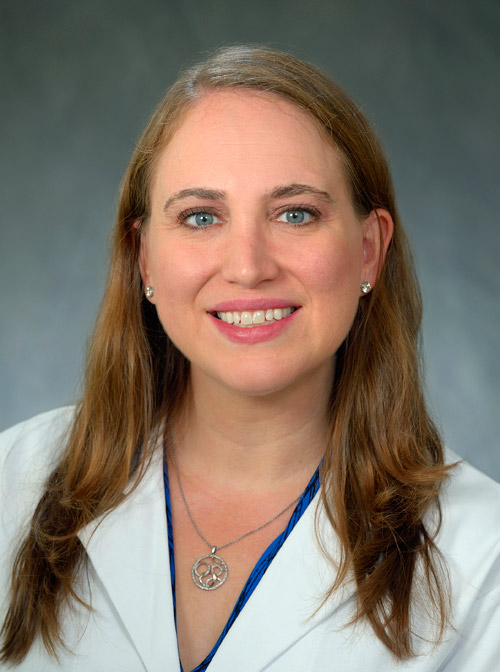About the PI
 I started my research career at the University of Wisconsin-Madison in the research laboratory of Dr. John White. Working with Dr. Kevin O’Connell and other members of the White Laboratory, we characterized a gene called spd-2 in the model organism C. elegans, showing it was necessary for the function of the centrosome and the development of embryonic polarity. I then joined the Tri-Institutional MD-PhD program where I performed my doctoral degree in the laboratory of Dr. Jan Breslow. My doctoral thesis focused on identifying novel genes in cholesterol metabolism, and we cloned and characterized the gene Proprotein convertase subtilisin-kexin 9, PCSK9. We showed that PCSK9 regulates the low density lipoprotein (LDL) receptor and therefore LDL cholesterol levels. Anti-PCSK9 drugs are now FDA approved for the treatment of hypercholesterolemia.
I started my research career at the University of Wisconsin-Madison in the research laboratory of Dr. John White. Working with Dr. Kevin O’Connell and other members of the White Laboratory, we characterized a gene called spd-2 in the model organism C. elegans, showing it was necessary for the function of the centrosome and the development of embryonic polarity. I then joined the Tri-Institutional MD-PhD program where I performed my doctoral degree in the laboratory of Dr. Jan Breslow. My doctoral thesis focused on identifying novel genes in cholesterol metabolism, and we cloned and characterized the gene Proprotein convertase subtilisin-kexin 9, PCSK9. We showed that PCSK9 regulates the low density lipoprotein (LDL) receptor and therefore LDL cholesterol levels. Anti-PCSK9 drugs are now FDA approved for the treatment of hypercholesterolemia.
After graduating from the Tri-I MD/PhD program, I did my internship and residency in Internal Medicine at New York Presbyterian Hospital-Columbia, and my Hematology/Oncology fellowship at the University of Pennsylvania. I was fortunate to join the clinical research group of Dr. Susan Domchek in 2011 to train in cancer risk evaluation and clinical research. Given the clear impact that massively parallel sequencing (MPS) technology was having in cancer genetics, I joined the laboratory of Dr. Katherine Nathanson for my postdoctoral training in human genetics research.
During my postdoctoral training, one of my two areas of study was in the genomic landscape of tumors in individuals with familial breast and ovarian cancer, specifically patients with germline BRCA1/2 mutations, with the overarching goal to improve the precision medicine treatment of patients with BRCA1/2 mutated cancers. We defined the mutational profiles and signatures of genomic instability in tumors from patients with inherited BRCA1/2 mutations. The major finding from this work is that while the majority of tumors seem to develop following a classical Knudson’s two-hit hypothesis for tumor suppressors, a proportion of tumors do not exhibit complete loss of BRCA1/2 function. My second major focus during my postdoctoral training was to define the spectrum of genetic variants in cancer susceptibility genes in individuals with high risk breast cancer with the goal of providing data for use in clinical cancer risk evaluation of individuals at high risk of developing breast cancer. We defined the rate of mutations and variants of uncertain significance in known and proposed breast cancer susceptibility genes in individuals with early onset breast cancer, familial breast cancer, and multiple primary cancers (manuscript submitted). We also analyzed a practical implementation of American College of Medical Genetics guidelines for variant classification in whole exome sequencing data of breast cancer patients.
I joined the faculty at the Perelman School of Medicine at the University of Pennsylvania as an Assistant Professor in the Department of Medicine, Division of Hematology/Oncology and the Department of Genetics in 2018. Overall, I am interested in the genetics of human disease, particularly familial cancers, and in the translation of genetic data into the management of individuals at risk for cancer. My laboratory is focused on understanding the mechanisms of tumor development in individuals with inherited mutations to cancer, specifically in patients with breast cancer, prostate cancer, and individuals with Li Fraumeni Syndrome, a high risk cancer syndrome with adult predisposition to both prostate and breast cancer. Additionally, we are interested in the interaction of dyslipidemia with breast tumor development.

